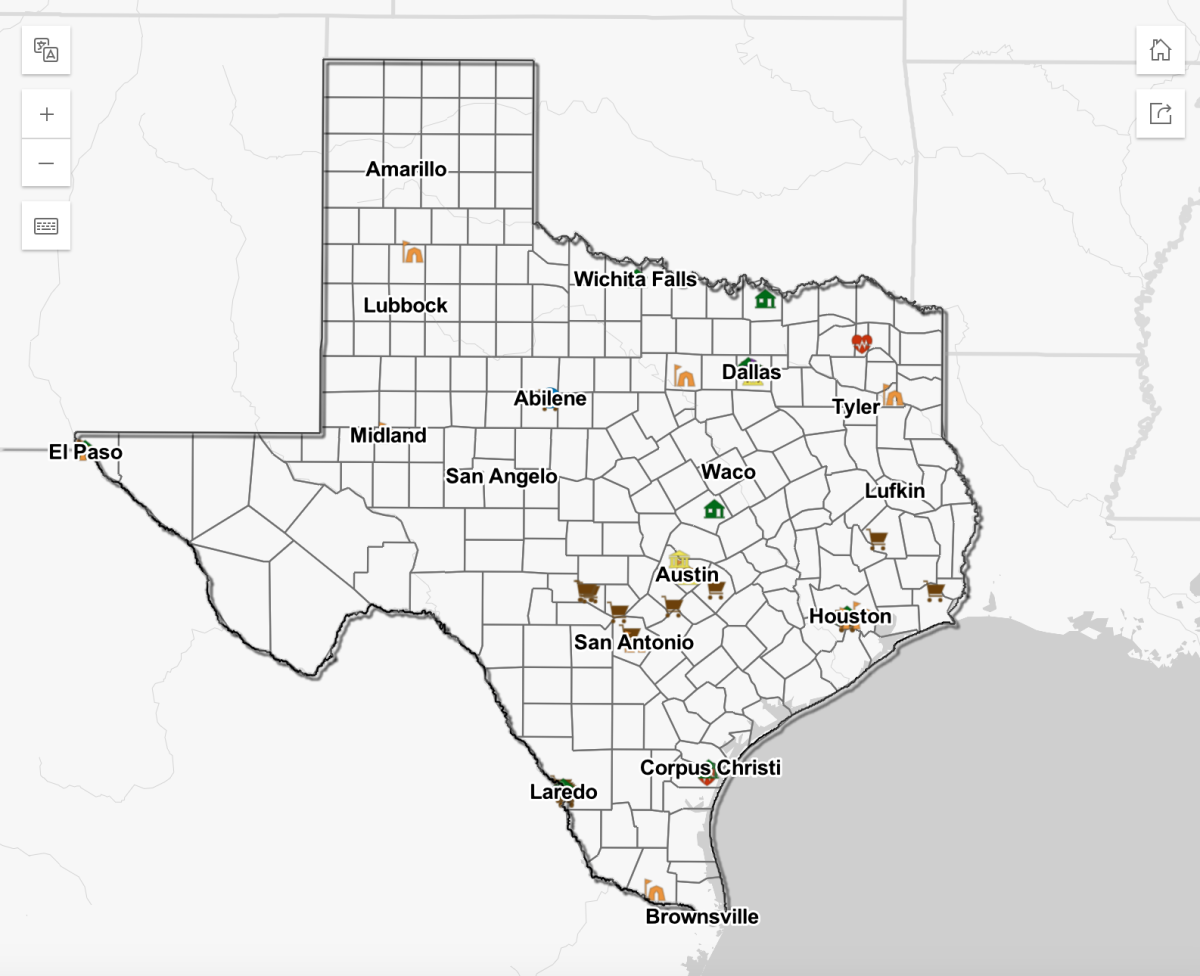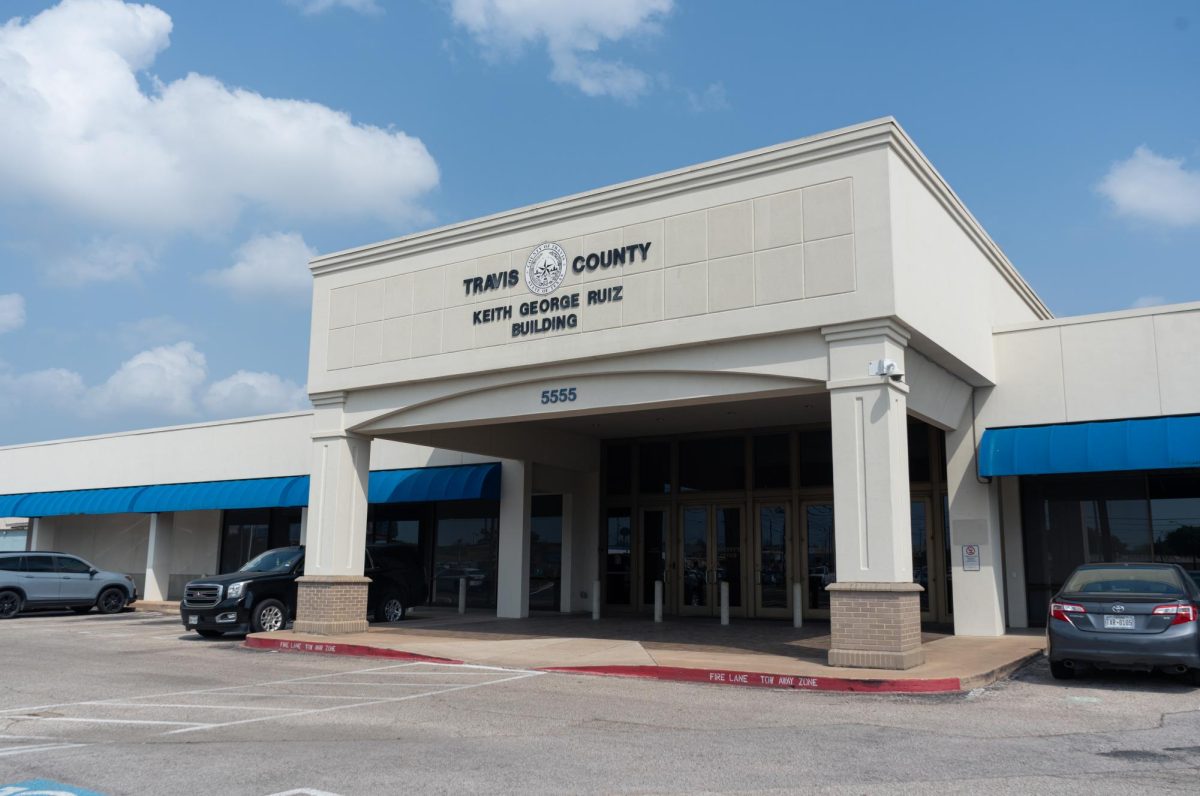The state of Texas recently threatened to pull out of the federal refugee resettlement program over security concerns related to Syrian refugees, a move that the Texas Civil Rights Project has condemned as furthering suffering of populations of the world.
On Sept. 21, Gov. Greg Abbott’s office announced its intention to withdraw from the resettlement program if the Office of Refugee Resettlement cannot assure security.
“Despite multiple requests by the State of Texas, the federal government lacks the capability or the will to distinguish the dangerous from the harmless, and Texas will not be an accomplice to such dereliction of duty to the American people,” Abbott said in a statement. “Therefore, Texas will withdraw from the refugee resettlement program. I strongly urge the federal government to completely overhaul a broken and flawed refugee program that increasingly risks American lives.”
Abbott said in the statement that Texas had done its part for the refugee resettlement program, but said accepting refugees from “terrorist-based countries” is not something he would support.
In the statement, Abbott outlines how Texas intends to withdraw from the program completely if the Office cannot assure the safety of Americans.
The Texas Civil Rights Project came out in opposition to Abbott’s plan to withdraw.
“During a time when the entire world is facing the most serious refugee crisis in decades, governments at all levels should step up to provide constructive solutions and offer assistance, not walk away from their responsibilities,” said Efren Olivares, South Texas regional legal director for the Project.
Undeclared freshman Jaga Acharya is a refugee. He came to America from Nepal when he was 14 years old.
“As a refugee who has found a better education, future and life in general, I feel that Governor Abbott should change his stance because America is built on refugees,” Acharya said. “This country is generous and a safe haven for many helpless refugees around the world.”
Undeclared freshman Yoga Karki is a Foundation Scholar at the University. She was born in a refugee camp in Nepal and began her process to become a refugee migrant in 2010.
Karki said the transition wasn’t easy.
“I often cried, I was often bullied, and I was even excluded from other classmates,” Karki said. “I still remember telling my father to take me back to Nepal because every day being bullied at school felt terrible.”
But at the end of the day, Karki said her struggle empowered her to do better. She feels the United States does treat refugees as equals.
“I was encouraged by myself and started to work hard,” Karki said. “I started to make all the bullying and struggles that I faced at schools as my inspirations and encouragements. Since 2010, I have been given all the opportunities that are given to other people who are not [a] refugee.”
Acharya said as a world superpower, the United States should treat refugees humanely.
“I don’t believe that the action of a few evils should dictate the future of those innocent refugees who are in need of help to survive, as I once was before I came to the United States,” Acharya said. “People of this country should treat refugees humanely and generously because I can guarantee that each and every one of those refugees would do the same if the roles were vice versa.”





















